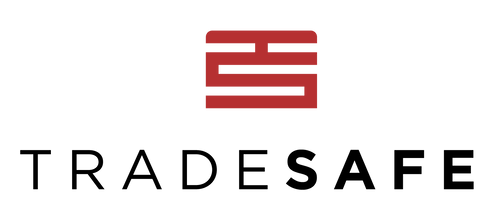
As experts in the field of industrial safety, we understand the importance of having a clean and efficient workspace. In this guide, we will cover everything you need to know about organizing your workbench, including storage solutions, workspace maintenance, tool organization, and workspace layout. Our goal is to provide you with brilliant work bench organization ideas to improve productivity and efficiency in your workspace.
Workspace Layout
The first step in organizing your workbench is to assess your workspace layout. A well-organized workspace should be designed to maximize efficiency and productivity. The layout should allow for easy access to tools and equipment while minimizing the need for excessive movement. One effective method is to group similar tools together, creating zones for specific tasks. This ensures that everything you need is within reach, reducing the time and effort required to complete a task.
Storage Solutions
Effective storage solutions are essential to maintaining an organized workbench. The right storage solutions will not only keep your tools and equipment easily accessible but also help to reduce clutter and improve safety. Some effective storage solutions include:
- Pegboards: Pegboards are a simple and effective way to organize tools, providing easy access while keeping them off the workbench surface.
- Drawer Cabinets: Drawer cabinets are ideal for storing smaller tools and equipment, keeping them organized and out of the way.
- Shelving Units: Shelving units are a versatile storage solution that can be customized to meet your specific needs. They can be used to store larger tools and equipment or to display frequently used items.
Tool Organization
Proper tool organization is one of the relevant work bench organization ideas. Tools should be organized based on the frequency of use, with frequently used items placed in easily accessible locations. Some effective tool organization techniques include:
- Shadow Boards: Shadow boards are a visual method of tool organization, providing a clear visual cue for tool placement and ensuring that tools are returned to their proper location after use.
- Foam Cutouts: Foam cutouts can be used to create custom tool storage solutions, providing a secure and organized location for each tool.
- Labeling: Labeling tools and storage locations can improve organization and reduce the time required to find a specific tool.
Workspace Maintenance
Maintaining a clean and organized workspace is essential for productivity and efficiency. A cluttered and disorganized workspace can lead to lost tools, increased risk of injury, and reduced productivity. Some effective work bench organization ideas related to this include:
- Regular Cleaning: Regular cleaning and maintenance of your workspace are essential to maintain an organized and efficient workspace.
- 5S Methodology: The 5S methodology is a structured approach to workplace organization, focusing on sorting, simplifying, sweeping, standardizing, and sustaining.
- Daily Checklist: A daily checklist can be used to ensure that your workspace remains clean and organized. This can include tasks such as sweeping the floor, organizing tools, and removing clutter.
Maximize Your Workspace Today
In conclusion, organizing your workbench is essential for maintaining a clean and efficient workspace. Proper workspace layout, storage solutions, tool organization, and workspace maintenance are all essential work bench organization ideas. By following the tips and techniques outlined in this guide, you can improve productivity and efficiency in your workspace, reducing the time and effort required to complete tasks.
